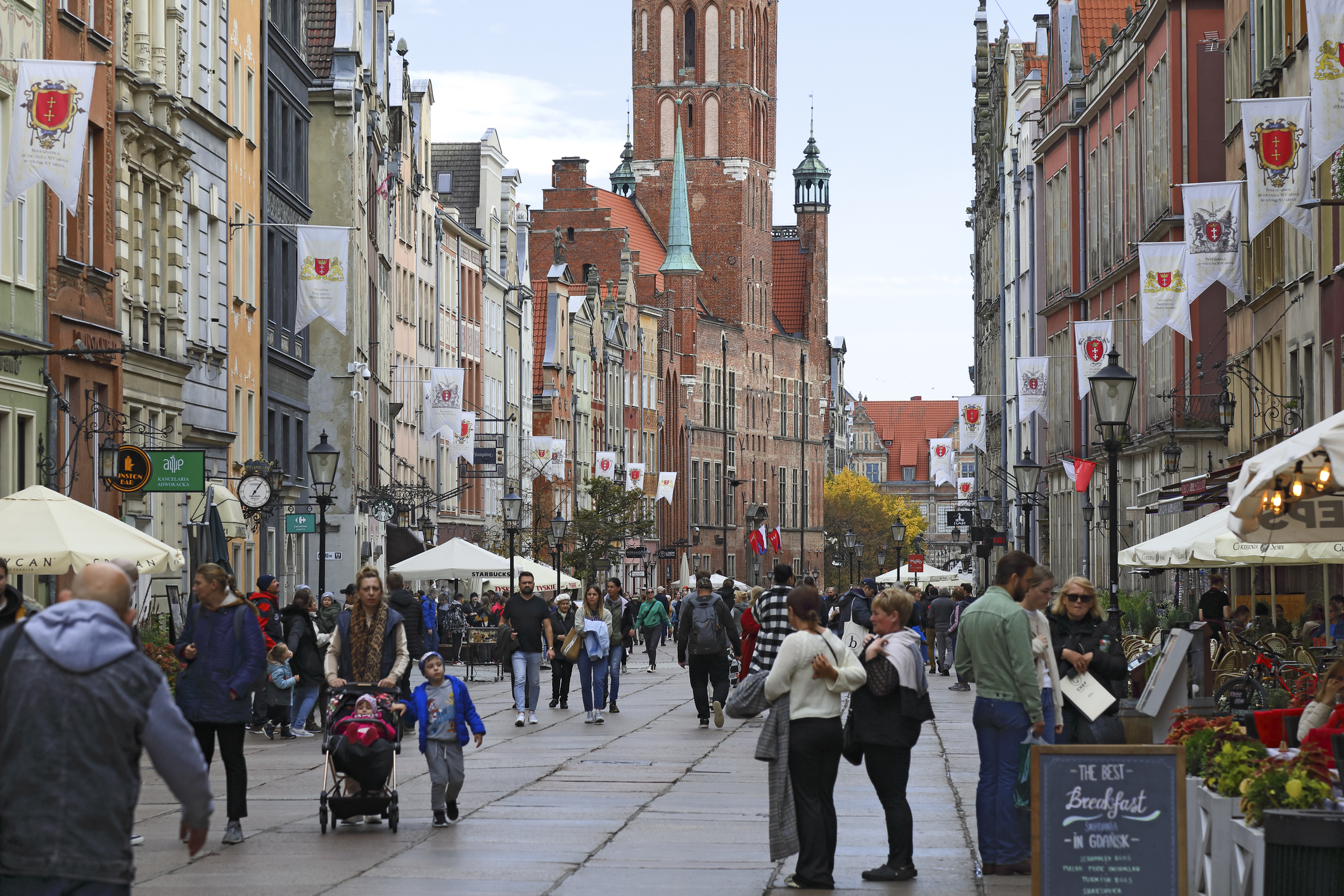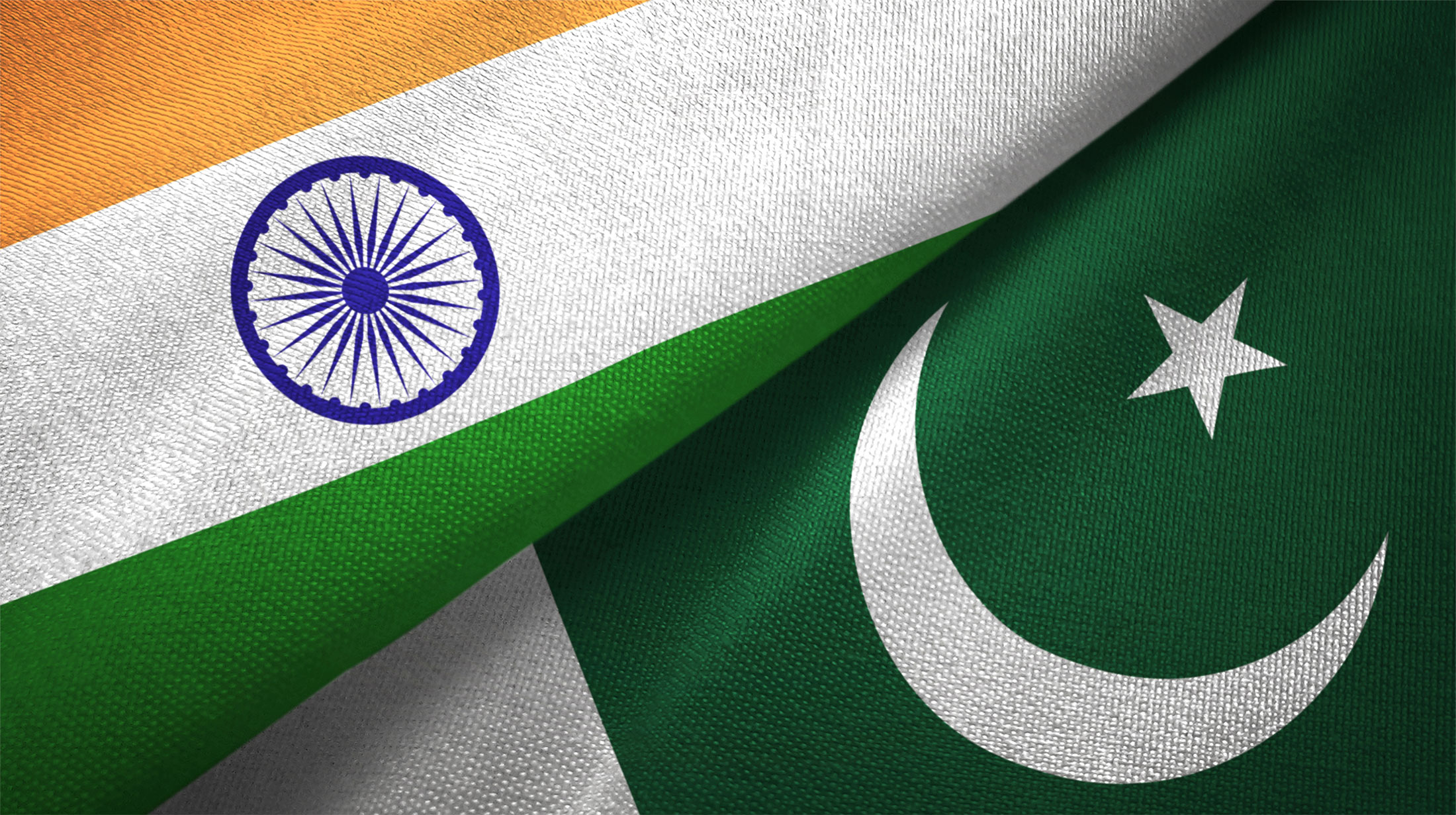GOING NUCLEAR?
Google has announced it’s inked a deal with Kairos Power to buy small modular reactors (SMRs) to help power the tech giant’s investments in data centers and AI. Google says it chose SMRs due to their small size and modular nature, which in turn can “reduce construction timelines, allow deployment in more places, and make the final project delivery more predictable”. The first reactor should be online by 2030, with the remaining five or six will follow within five years. Other technical giants are also looking to nuclear as one of their key clean energy options.
- In September, Microsoft announced a 20-year power procurement deal that will reopen Three Mile Island in Pennsylvania (the site of America’s worst nuclear accident)
- In March, Amazon bought a nuclear-powered data center for $650M, and earlier last month, Amazon signed three deals to help build several new SMRs across the US, while,
- Feeling Apple is dropping hints it might follow suit, recently adding nuclear to the list of energy sources it considers to be “clean electricity”’.
Comment: The US is the world’s largest producer of nuclear energy, even ahead of China, which has more than tripled its output during the past decade. But SMRs are a new step which we are only now beginning to develop. While there are dozens of SMR projects in development, only three countries have operational SMRs: China, Russia and Japan. An American project to deploy an SMR in Idaho was cancelled last year after it faced cost overruns and a lack of subscribers.
A source in the U.S. Department of Energy told us that this is a poor example to cite, especially in view of the new, enormous demands for energy demanded by AI and the crypto industry. He explained that data centers are currently the backbone of the internet, and despite their large, physical size, their energy consumption stayed surprisingly stable even as their workloads surged, because engineers kept figuring out ways to boost their efficiency. However,
AI is changing this equation because an AI query uses ten times more energy than a simple Google search. The massive escalation in total energy usage is difficult to calculate. Nevertheless, our DOE expert suggests that our new AI data centers will consume, over the next couple of years, the extra equivalent of all of the electricity consumed by Japan in one year. End Comment.
HURRICANE OSCAR, CUBA’S ENERGY CRISIS, AND THE POLITICAL STORM BREWING FOR 2025
Hurricane Oscar brought nearly 15 inches of rain to Cuba, as the island grappled with major blackouts in mid-October. The storm compounded Cuba’s power crisis and left millions in the dark for days after its aging electrical grid and coal fuel shortages cut electricity to the entire island. This is a problem with little long-term relief in sight.
Comment: Our source on the island told us that subsequent internet outages also hampered storm preparations which led to additional misery in the far western portion of Cuba. While there was not a repetition of the surprisingly strong, anti-government demonstrations of earlier this year against food and fuel rationing, with the subsequent, serious crackdown, our source said that people were angry nonetheless as was evident by the clanging of empty pots and pans in Havana’s otherwise darkened streets during this latest emergency. These problems are escalating, and without some kind of outlet or improvement in the situation, our source predicted a very ominous 2025 for Cuba’s communist government which could be exacerbated negatively by the results of the U.S. presidential election. End Comment.
INDONESIA QUANDARY AS NEW LEADERS TAKES POWER
Ex-military general Prabowo Subianto was sworn in as Indonesia’s president on October 20, following several years as his country’s controversial defense minister. Activists are concerned that he will foment democratic backsliding in the world’s fourth most populous nation. The country has enormous economic potential, especially as a substitute for Chinese markets, although this trade will have to consider Indonesia’s own, special requirements.
Apple discovered this when the Indonesian government had effectively banned the sale and use of iPhone 16 series and Apple Watch 10 series devices in the country in a directive announced in late October. The ban is a direct result of Apple’s unmet investment commitments in the country, which consisted of a pledge of upwards of $109 million in local R&D facilities. The company is reportedly reassessing its position in order to retain its position in this key, potential market.
Comment: According to an analysis available through Embassy Jakarta, the 73-year-old general, who served under Indonesia’s brutal former dictator Suharto, will likely take a “hands-on” and “personality-driven” approach to foreign policy. This could make his positions unpredictable, especially toward China and the U.S. Already, Indonesia and China have exchanged words after Indonesian patrol boats expelled a Chinse cutter which was disrupting Indonesian efforts to survey a portion of its offshore Economic Enterprise Zone (EEZ) which is also claimed by the PRC.
A renowned Dutch academic told us from The Hague that Prabowo may also act on his darker tendencies to see the world as a kind of might makes right context. This would encourage him to bolster Indonesia’s military power which might also create tensions with his neighbors, including China and maybe others. At the same time, this authority noted that this President is his country’s first bachelor. He has tried to soften his image as both a lover of children and animals and has even promoted himself in dance videos with his favorite cat. End Comment.
DE-BUNKING THE TERM ‘GLOBAL SOUTH’
A new report from the UK-based Policy Exchange, “The Myth of the ‘Global South’: A Flawed Foreign Policy Construct”, debunks the increasingly popular concept of the ‘Global South’. The report urges the UK and allied governments to stop using this wording as a framework for foreign policy and strategy, arguing that it harms British interests and helps our adversaries, as well.
The report finds that the ‘Global South’ community has no compelling basis in historical, economic, or political reality, and so cannot explain or predict state behavior. This fact alone would be enough to undermine its utility as an analytical tool for policy but, even more alarmingly, the term also promulgates a worldview which makes Western countries reluctant to prioritize and pursue their global interests.
China and Russia have seized on this opportunity, and now use the term’s popularity to undermine our international reputation and influence with sophisticated disinformation and diplomatic operations. By willingly and uncritically adopting the term the ‘Global South’ and its accompanying narrative, western policymakers play into our adversaries’ hands and damage their own, vital interests.
Comment: What is especially egregious about the term “global south” is that it presumes that every developing economy — and certainly every non-OECD member state – has the same issues, confronts the same problems, and has the same grievances with the U.S., the UK, the EU and their allies. Which they quite obviously do not. Russia and China are trying to drive a wedge between these groups of countries for their own political and economic gain. It is in our interest, as suggested by the authors of this report, to resist these initiatives.
A renowned Harvard professor – previously a senior government officer – agrees with the recommendations advanced by the Policy Exchange. He told us that he concurs with the report’s recommendations which include: (1) abandoning the ‘Global South’ as a framework for foreign policy and strategy, focusing instead on specific, regional policies; (2) actively reject and counter the anti-Western ‘Global South’ narrative being promoted by our adversaries in general and Russia and China in particular; (3) intensify our existing frameworks for disinformation and to flag and respond to Chinese and Russian informational warfare globally; (4) Collaborate with G7 and ‘Southern’ partners to intensify our ‘New Growth Partnership’ in response to China’s expansive ‘bridge and road” initiative; and (5) Increase U.S. diplomatic representation to match China’s superior presence in all strategically important states across Africa, Asia, Latin America, and Oceania; and (6) Make explicit the policy that competition with malign authoritarian states is a key objective of American and, hopefully, allied foreign policy. End Comment.
U.S. ELECTION JITTERS
About the only thing which will be remembered a year from now about November 2024 (barring a nuclear event or another, singular seismic development), is the American general election of November 5. In late October, we polled some non-American experts or observers engaged in international economics or politics in countries ranging from East Asia, Southeast Asia, India, China, Oceania, all four corners of Africa, the Middle East, Iran, Europe, Russia, North and South America about their expectations. We heard back from everyone except our Chinese colleague who politely declined to speculate, stating that this is an American decision alone.
All said they are watching the results closely, and one got the sense that most gave the answer about “who” they want to win rather than “who” they think might win. Everyone conceded that the race is close, and some tried to fudge that it really is too close to call. Our Indian colleagues were among the few in Asia (aside from one in South Korea and Taiwan) to state that Trump will win (along with some Latin Americans, Middle Easterners, and Eastern Europeans). Almost everyone else took the position that Harris will squeak through.
Comment: To be sure, this election is a toss-up. With over 55 million votes already cast as of October 31, this election might already have been decided. But probably not. There are no exit polls. The latest official polls strongly suggest that this race is a statistical dead heat which should favor Trump who has in earlier elections always done a few points better than his opponents, even when he lost in 2020. Most of the polls now show Harris with a miniscule lead.
One of the more serious studies of this elections’ patterns which has been conducted using sophisticated logarithms which accurately predicted the July 4 UK parliamentary election results, is from Britain’s The Economist news magazine. Editorially, this paper is solidly in the Harris/Waltz camp. Throughout the race, its complicated formula gave the race slightly to Harris except in mid-October when – much to its chagrin – Trump took the lead. However, as of October 31, The Economist puts Harris back in the lead with a 49.2 versus a 47.7 margin for Trump. With a close race like this, we probably won’t have certainty about who the 47th POTUS will be until later in the week — or until the electoral votes are officially certified by Congress on 6 January 2025. End Comment.




